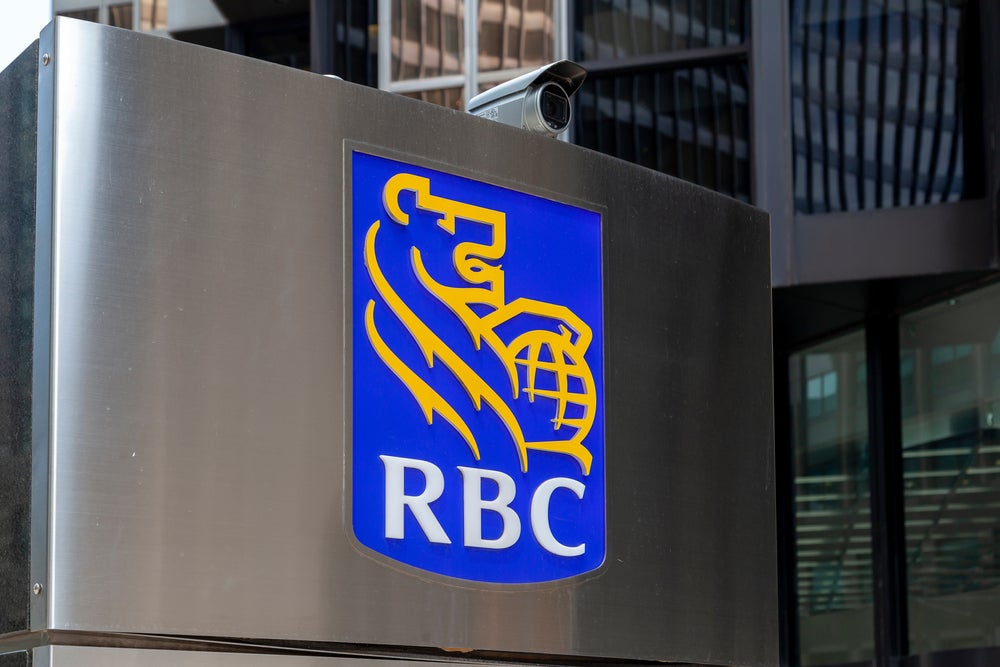Back in 2004, the Chinese government commenced a gradual liberalisation of the currency and since then, total Chinese trade settled in renminbi (RMB) has increased from 0.7% in the first half of 2010 to over 9% in the first half of 2011.
In Hong Kong, RMB deposits in have soared from 64bn in January 2010 to 627bn by November 2011, while the volume of RMB-denominated bonds shot up from zero to USD31.5bn in just four years.
The UK already accounts for 30% of all RMB foreign exchange (FX) trading and counts tens of billions of RMB deposits on its shores, the HM Treasury says. Yet, only limited number of UK corporates actually hold RMB deposits, so in the UK the Chinese currencys liquidity is still low.
Last summer, HSBC CEO Stuart Gulliver told the British American Business Conference in London that the Chinese currency would become one of the main reserve currencies worldwide in the next 15 to 20 years. He argued that while the RMB may not replace the dollar, its power could equal that of the euro if the euro overcomes its own difficulties.
China’s central bank has been working hard to internationalise its currency for a couple of years, implementing pilot schemes to develop RMB markets, signing currency swap agreements with other countries, as well as negotiating overseas loans denominated in RMB, according to China.org, a website that is authorised by the government and backed by of the State Council Information Office and the China International Publishing Group (CIPG) in Beijing.
And the push to liberise and internationalise the Chinese currency seems to have paid off: On 16 January, the HM Treasury in the UK officially put its weight behind making London a RMB offshore market when George Osborne, chancellor of the exchequer, met up with Norman Chan, the CEO of the Hong Kong Monetary Authority (HKMA), to discuss future collaboration on RMB as a trading currency worldwide.
How well do you really know your competitors?
Access the most comprehensive Company Profiles on the market, powered by GlobalData. Save hours of research. Gain competitive edge.

Thank you!
Your download email will arrive shortly
Not ready to buy yet? Download a free sample
We are confident about the unique quality of our Company Profiles. However, we want you to make the most beneficial decision for your business, so we offer a free sample that you can download by submitting the below form
By GlobalDataTogether, the two institutions launched the private-sector London-Hong Kong Forum, to analyse synergies between the UK and Hong Kong clearing and settlement markets, as well as market liquidity and the development of new RMB-denominated products. Current representatives of the forum include HSBC, Standard Chartered, Bank of China, Deutsche Bank and Barclays. The forum will meet twice a year
The launch of the forum followed the announcement by the HKMA to extend its working hours by five so it overlaps with European market trading hours, and so that RMB transactions in London can be settled faster.
All this is a continuation of an official agreement between the UK and Chinese governments made at the 2011 Economic and Financial Dialogue. At that conference, the chancellor and Chinese Vice-Premier Wang Qishan agreed to develop an offshore RMB market in London, which would be complementary to Hong Kong the principal RMB offshore centre.
This agreement recognises Hong Kong as the worlds largest offshore centre for RMB clearing and settlement. To become its Western equivalent, London has to use Hong Kong as a gateway into the onshore RMB market, the HM Treasury says.
According to the Treasury, RMB trades and settlements receive high interest from British banks and financial service institutions as they consider the foreign exchange and bond issuance market as lucrative. Already, Barclays Wealth, DBS, HSBC Private Bank, OCBC, offer such service.
But London has not reached the offshore RMB clearing and settlement centre status that Hong Kong holds.
Major issues to overcome and improve are sufficient RMB liquidity, better overlap between the trading times of London and Hong Kong, the convertibility of RMB and the clearing issue, according to Adam Tyrrell, managing director, head of capital markets Europe at Standard Chartered Bank.







